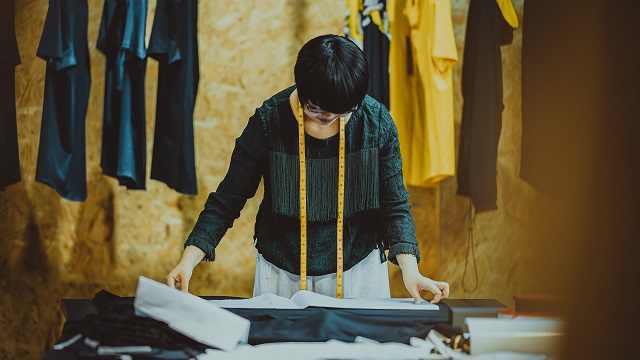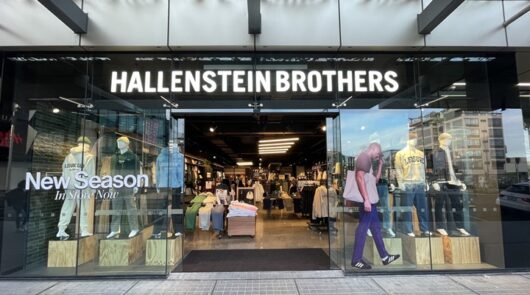
Australian fashion brands have been hit hard by the impact of strict social distancing restrictions on consumer spending, but many businesses are taking advantage of the current crisis to rethink their business models to be more competitive in a post-coronavirus world.
That is one of the key findings of a recent survey of the members of the Australian Fashion Council (AFC) and broader textile, clothing and footwear community.
While 75-80 per cent of the 182 survey participants said they have been negatively impacted by COVID-19, more than half of respondents (55 per cent) said they are proactively responding by developing ‘post-COVID’ strategies.
Beefing up digital offerings is at the top of the list of their post-COVID plans, with around 45 per cent of respondents saying they plan to increase digital marketing and otherwise amplify their digital channels.
But many also expressed interest in pooling resources and forming joint ventures to modernise Australian manufacturing, and creating co-working spaces, sharing assets and equipment and combining orders to meet MOQs to help smaller brands and sole traders compete.
“The immediate and unprecedented impact of this crisis has been immensely impactful on our industry and a large ecosystem that it sustains,” Leila Naja Hibri, the AFC’s CEO, said.
“The silver lining is that we are being forced to rethink the way we do things; from sourcing and manufacturing to selling and consuming. It is pushing us to gather our creative minds and considerable resources as one community to build a sustainable industry that exemplifies unity, innovation and vision.”
Survey participants said they wanted the Government to support local supply chains and manufacturing and increase global awareness of Australian fashion brands by creating group opportunities at international fashion and trade events.
They also expressed interest in adopting more sustainable practices, such as moving towards circular economy and recycling fashion waste.
The AFC noted the need for investment in smart infrastructure, clean energy, tech innovation, increased use of Australian natural fibres and increased processing of regenerated and recycled fibres, as well as a product stewardship scheme for textiles like there is for e-waste and plastics.
The AFC plans to present its findings to State and Federal Government representatives to better advocate for policies that will assist fashion and textile businesses impacted by COVID-19.
Here are some of the key findings highlighting the severe impact of COVID-19 on fashion:
- 75-80 per cent of respondents say they’ve been negatively impacted by COVID-19, with online sales down 56 per cent and in-store sales down 87 per cent
- 60-75 per cent of businesses say they’re struggling to cover commercial leasing costs, and 65-70 per cent unable to meet costs related to casual employees and contractors
- 26 per cent have been forced to let staff go; 25 per cent have stood staff down; 22 per cent have enacted forced leave; 57 per cent have reduced hours
- 84 per cent face excess stock
- 34 per cent are confident they can rebound financially, with 54 per cent believing it will take more than a year to do so (larger businesses more confident)
- 75 per cent have plans to access Government support, primarily through JobKeeper and ATO credits






